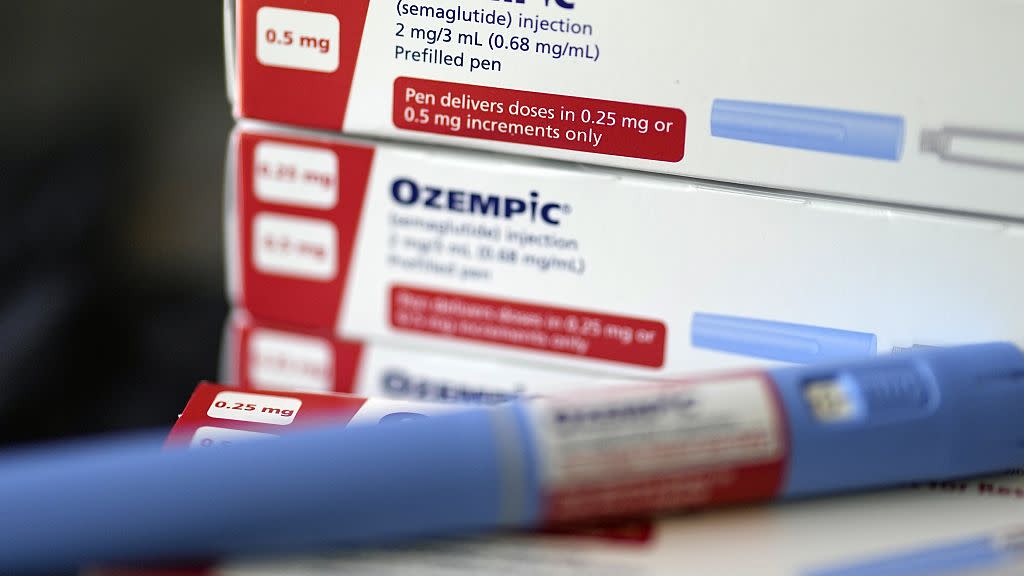Ozempic: Global health authorities issue warning about falsified injection pens

The World Health Organization (WHO) has issued a global warning about falsified injections of semaglutide, a blockbuster weight-loss drug that is used to treat obesity and type 2 diabetes.
The medical alert concerned three falsified batches of the injection, known by its brand name Ozempic, which was found in Brazil, the UK, and the US in 2023.
"WHO advises healthcare professionals, regulatory authorities and the public be aware of these falsified batches of medicines," said Dr Yukiko Nakatani, WHO's assistant director-general for access to medicines and health products.
"We call on stakeholders to stop any usage of suspicious medicines and report to relevant authorities".
High demand for these drugs, which are also marketed under the names Wegovy and Rybelsus, has led to a shortage and a growing market for counterfeits.
The drugs mimic a hormone in the gut that makes the pancreas produce more insulin and slow down the food from leaving the stomach. The drugs are marketed by the Danish pharmaceutical company Novo Nordisk.
The WHO warned people not to buy the drugs from unverified sources. Ozempic and Wegovy are also not currently recommended by the global health agency to treat diabetes due to their high cost.
Using fake Ozempic could result in "ineffective treatment," the WHO said, or pose serious or life-threatening risks to patients' health
The European Medicines Agency (EMA) warned in October last year that falsified pre-filled Ozempic pens had been found in the EU and UK.
Some patients were hospitalised after using counterfeit versions of the drug, with hypoglycemia and seizure reported as possible serious side effects.
Pharmaceutical company Eli Lilly also warned of counterfeit weight-loss drugs this week.
The US-based company said it would take legal action against centres selling unapproved or compounded versions of tirzepatide, the active ingredient in the company's drugs Mounjaro and Zepbound.
Lilly said it was "concerned by the proliferation of fake or counterfeit products" designed to look like their medications, which belong to the same class of drugs as semaglutide.
"Lilly has discovered compounded drugs advertised as tirzepatide with safety, sterility, and efficacy problems," the drug company said.
"Some have contained bacteria, high impurity levels, different colours (pink, instead of colourless), or a completely different chemical structure than Lilly’s FDA-approved medicines," the company warned.

